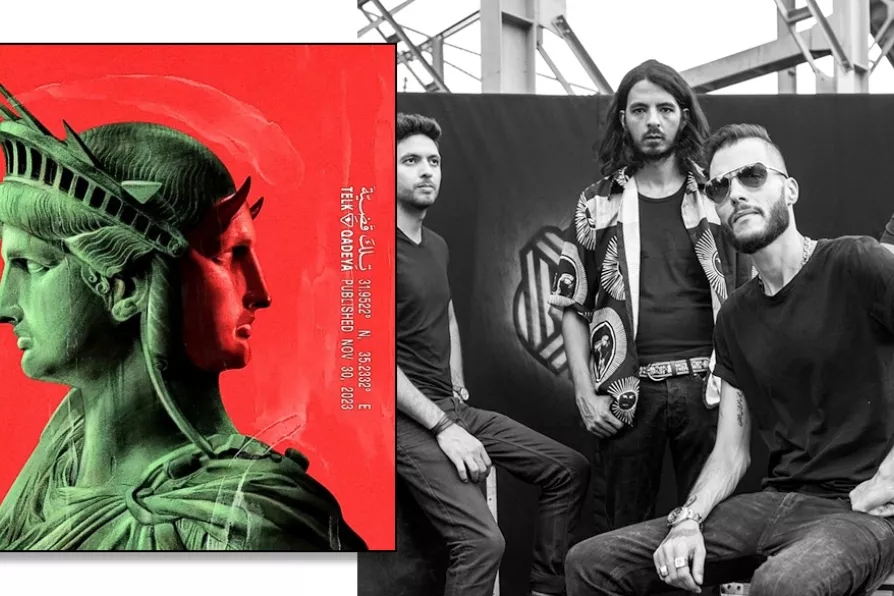RITA DI SANTO draws attention to a new film that features Ken Loach and Jeremy Corbyn, and their personal experience of media misrepresentation

 Telk Qadeya ("This is an issue") by Egyptian band Cairokee
[Tamer Gunner/CC]
Telk Qadeya ("This is an issue") by Egyptian band Cairokee
[Tamer Gunner/CC]
THE song Telk Qadeya (“This is an issue”) by the Egyptian rock group Cairokee (an pun on karaoke) has been a big hit ever since the single was released on November 30 2023. By denouncing the selective indignation of a Western rhetoric — which claims to laud all progressive struggles but disregards the ongoing genocide in Gaza — that title expresses the anger widely shared throughout the Arab world.
This is the story of a walz in three-quarter time which is fast becoming the rallying song of Arab youth. Telk Qadeya is the Egyptian rock group Cairokee’s latest single, “with a twist” as they put it. It was released nearly two months after the start of the genocidal war on Gaza. It was announced on the group’s official accounts very soberly, with no grandiloquent proclamations. But the song has had over three million views on YouTube alone and has been available since the end of November on the Lebanese channel Al-Maya deem, illustrated with videos of the Gaza bombings.
While the words “Gaza” or “Palestine” do not appear in the lyrics, everyone knows perfectly well what they are about, and at what world order – epitomised by the plight of the occupied territories – this song points an accusing finger.

New releases from Kennedy Administration, Melanie Pain, and Afton Wolfe

New releases from Hannah Rose Platt, Kemp Harris, and Spear Of Destiny












